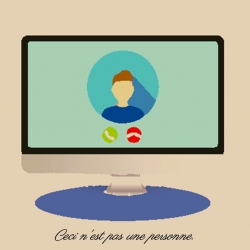June 10, 2022
Young people should optimise the time they spend in the office
 During the pandemic, around 100 million people in Europe switched to working from home – nearly half of them for the first time. This shift was rapid, with employees quickly noticing the benefits of remote work. These can include freedom from commuting, more time for personal wellbeing and increased productivity. As we move on from pandemic restrictions, we’ve seen a strong, global demand for more flexible forms of working, particularly to retain an element of remote work. While some employees want to work from home permanently, most want what’s coming to be regarded as the best of both worlds: hybrid working. Only a minority of workers now want to return to the office full time. More →
During the pandemic, around 100 million people in Europe switched to working from home – nearly half of them for the first time. This shift was rapid, with employees quickly noticing the benefits of remote work. These can include freedom from commuting, more time for personal wellbeing and increased productivity. As we move on from pandemic restrictions, we’ve seen a strong, global demand for more flexible forms of working, particularly to retain an element of remote work. While some employees want to work from home permanently, most want what’s coming to be regarded as the best of both worlds: hybrid working. Only a minority of workers now want to return to the office full time. More →



































June 13, 2022
Is hybrid working the final cure for workplace woes or the beginning of something better?
by Jo Sutherland • Comment, Wellbeing, Workplace design